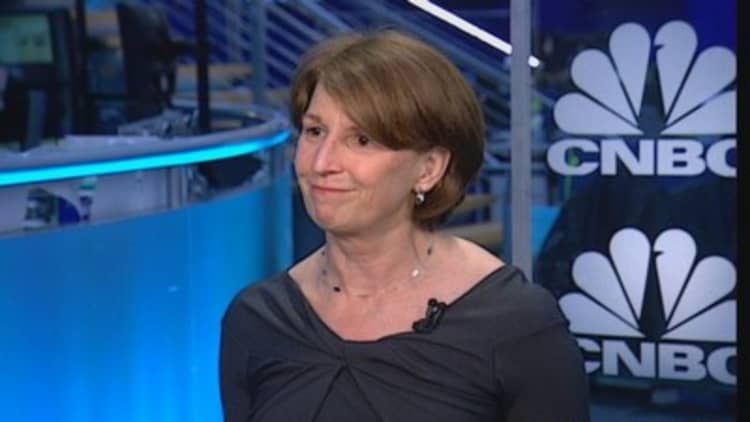Companies marketing to millennials have found doing business with this generation is no easy feat.
New survey data from Pew Research Center may offer some insight into why: These consumers are markedly different than previous generations.
Millennials, whose ages range from 18 to 33 in 2014, are America's most racially diverse generation and, compared to their parents, have more liberal views on social issues including same-sex marriage and marijuana legalization and fewer ties to organized religion and political parties. They're less likely to be married and have more student debt than previous generations did at that age.
That combination presents a challenge for companies looking to secure a place in the shopping baskets of America's next big spenders. "The older we get, the less we spend," said Jeff Green, an independent retail analyst based in Phoenix. "Retailers that appeal to the younger customer are much more savvy than those trying to appeal to the older customer."
(Read more: Millennials hit 30—it's the economy, not us)
One of the bigger challenges: Millennials are "low on social trust," according to Pew. Just 19 percent say most people can be trusted, compared with 31 percent of Gen Xers and 40 percent of baby boomers. On the retail side, that translates to a generation that is brand aware, but cynical—and so not brand loyal, said Larry Chiagouris, a marketing professor at Pace University. "You can't base your business model on repeat purchase," he said. "You have to compete for the loyalty with each purchase."
(Read more: A record 21.6 million millennials live with mom and dad)

Despite spending roughly an hour a day on retail websites, tech savvy millennials also require more brand interaction opportunities than advertising, said Jason Baker, a principal at Houston-based retail consulting firm Baker Katz. "They're more subtle in the way that they want to be marketed to," he said. "They're very engaged, they're very aware, but they don't want some ad that's up in their face."
It's increasingly important for brands to have a presence on Facebook, where Pew reports 81 percent of millennials have an account. Their average number of friends is 250, according to the survey, well above Gen Xers' 200 or younger boomers' 98. "This generation is the most word-of-mouth generation of any generation," said Chiagouris. "They don't do as much research evaluating purchases as previous generations. … Social media is their form of research."
(Read more: Decoding the FAFSA for college savings)
But marketers' edge may be millennials' optimism. There's a lot stacked against them: They have more student debt and lower levels of wealth than their parents or grandparents did at that age, and 51 percent say they don't expect Social Security will provide for them at retirement. Yet 85 percent of millennials told Pew they currently have, or expect to have, enough money to lead the lives they want. "They're pretty big spenders," said Green. "They like to shop, it's just how they shop that's different."
—By CNBC's Kelli B. Grant. Follow her on Twitter @Kelligrant and on Google.


